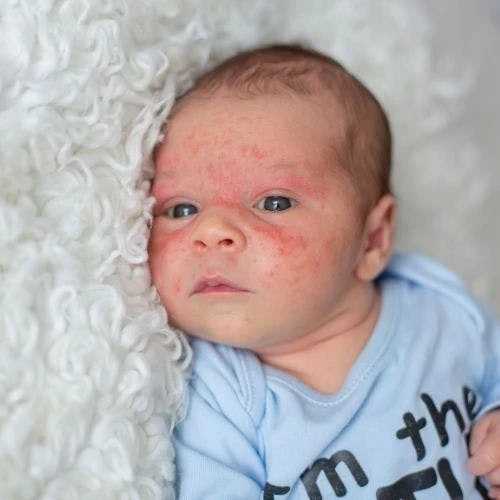What Are Baby Sleep Regressions? What to Know and How to Handle Them
Is your little one waking up every 20 minutes and keeping you from having a good night’s sleep? He may be going through baby sleep regressions!
After becoming a parent, you’ve probably heard about these sleep regressions without really knowing what to expect. To learn more about what they are and how to move past them, read on!
What Are Baby Sleep Regressions?
Baby sleep regression is the time when your little one’s sleep patterns start to shift. They will wake up more throughout the night, having a difficult time sleeping again.
Unfortunately, once they awake, so will you. It’s frustrating, but manageable, especially when you know how to handle it well and know why it happens.
Causes of Baby Sleep Regressions
Baby sleep regressions are totally normal and fortunately, a temporary period. But why does it happen?
Sleep regressions may mean that your little one is going through a growth spurt, and/or that his brain is going through some development. Since the brain is developing, your baby is starting to learn new skills and master existing skills, such as rolling over or sitting up. With every major milestone or development, a sleep regression usually is there to accompany it.
During this time of growth, development and learning, it might be tiring, stressful and frustrating for your little one. As a result, it impacts their sleep patterns. That is what is called a sleep regression. It’s not truly a regression in that is just means there is less regular sleep or a change in sleep to a pattern you may have seen more when they were infants.
The Signs of Baby Sleep Regressions
Baby sleep regressions usually begin when your little one turns four months old. Note that there may be more regressions occurring in the future, usually every two to three months until they reach the toddler stage.
Usually, the first sleep regression at four months old is the hardest for parents, as it is the first they’ll experience and they may have had better quality of sleep for a period before it.
Related: Best Waterproof Bath Books For Toddlers
This period can last between three to six weeks or longer, and it can catch you off guard! Your baby may have been sleeping well, only to begin waking up more at night, taking shorter naps, or even skipping them without an obvious reason.
You will know when your baby is going through a sleep regression when you notice a sudden worsening of their sleep patterns.
Other signs of an infant sleep regression include:
• Waking up multiple times at night
• Less napping
• More fussiness
• Appetite changes
When it does happen, don’t worry! This usually doesn’t mean something is wrong. Reassure yourself that this is temporary and it means your little one is growing and learning new things as regressions occur, as they are engaging with their environment even more. But if your little one experiences other symptoms such as fever or other signs of illnesses, do consult their doctor.
Managing Sleep Regressions Healthily
While baby sleep regressions are a technically sign of a good thing (development), I can’t deny that it’s frustrating for parents as well.
To help manage sleep regressions as a family, follow these tips:
- Give your little one time to practice throughout the day. He is working very hard mastering their new skills, and they may feel so eager to learn to the point they practice all night, which keeps them up! You can lessen the time he spends practicing at night by giving him uninterrupted time to practice various skills.
- Feed your little one fully during the day and before bedtime to prevent them from getting hungry. This lessens any hunger cries and whines in the middle of the night. While you feed them, eliminate any distractions and feed in environments less likely to stimulate curiosity to ensure they are fed well.
- Establish a healthy bedtime routine and create the optimum sleeping environment for your baby. Keep their room dark during nap times and let natural sunlight in when they are awake. Also, stick to a bedtime routine before it’s time to sleep, which can help them become drowsy and ready for bed.
Baby sleep regressions don’t last forever. With the right knowledge, coping strategies, and tips, you can help them learn new skills as the entire family sleeps healthier. Good luck!
We discuss products we think are useful to people. If you buy something through our links, we may earn a commission. Remember to check with your personal physician to see if a product recommended is right for you.








